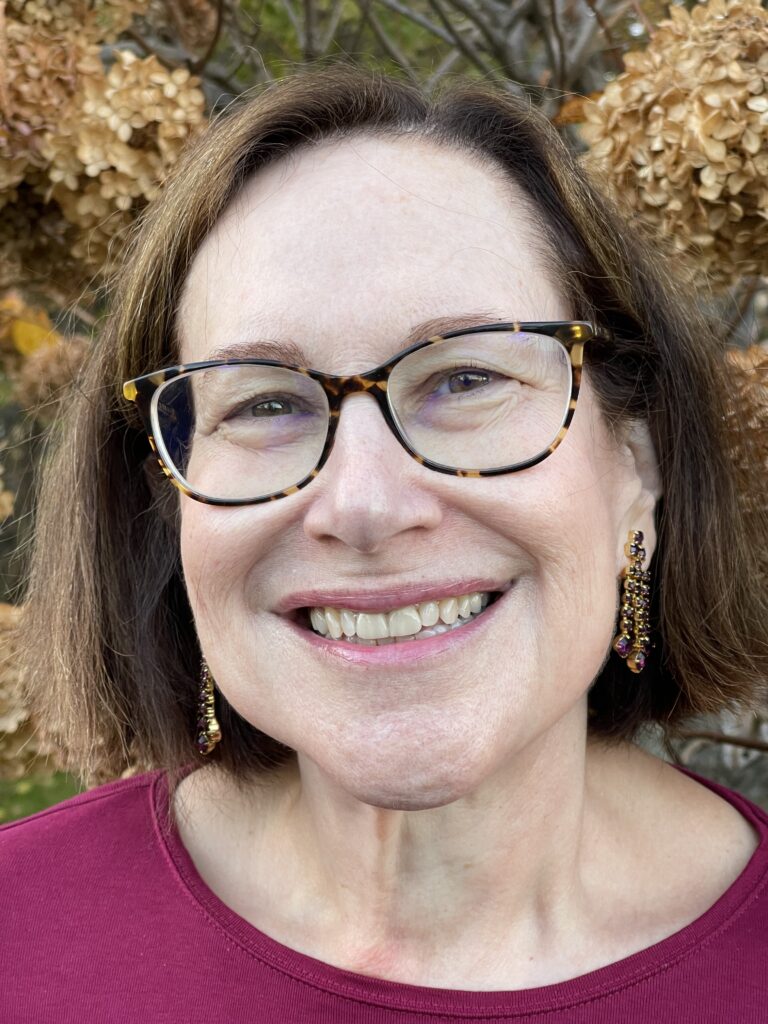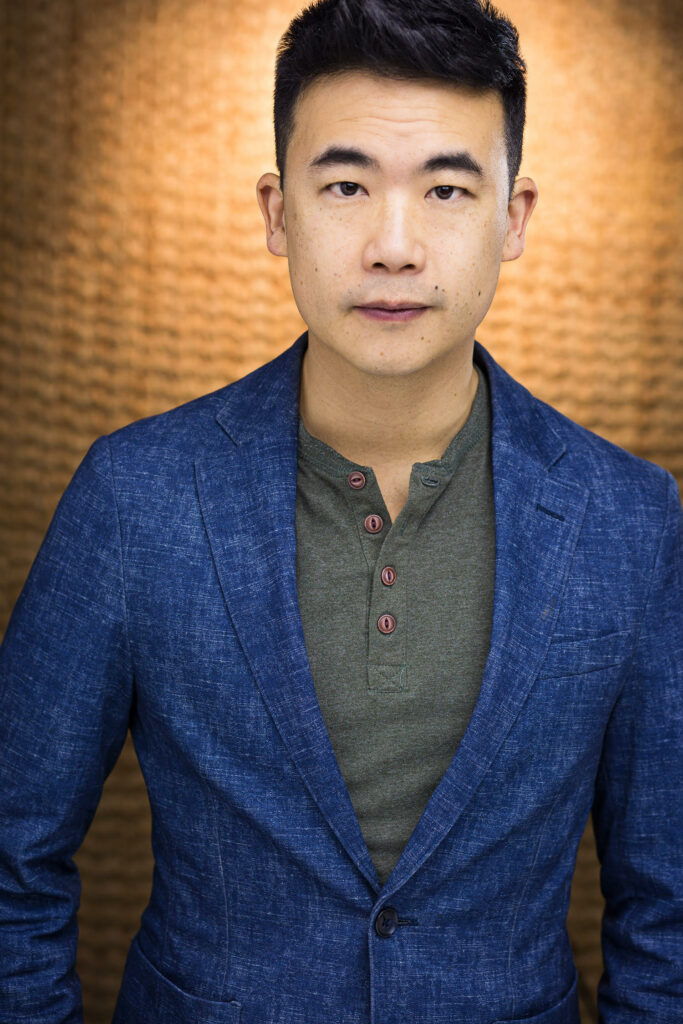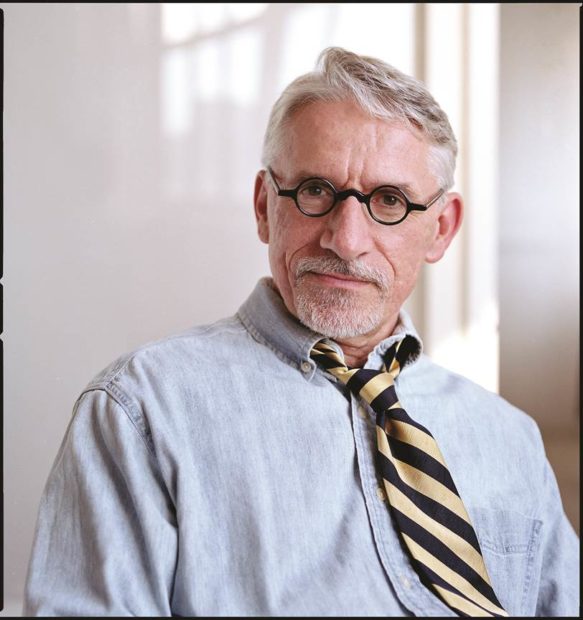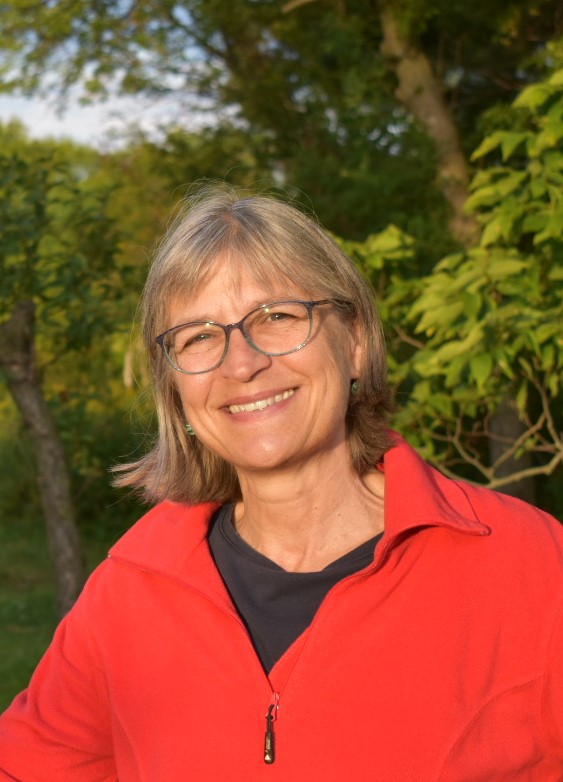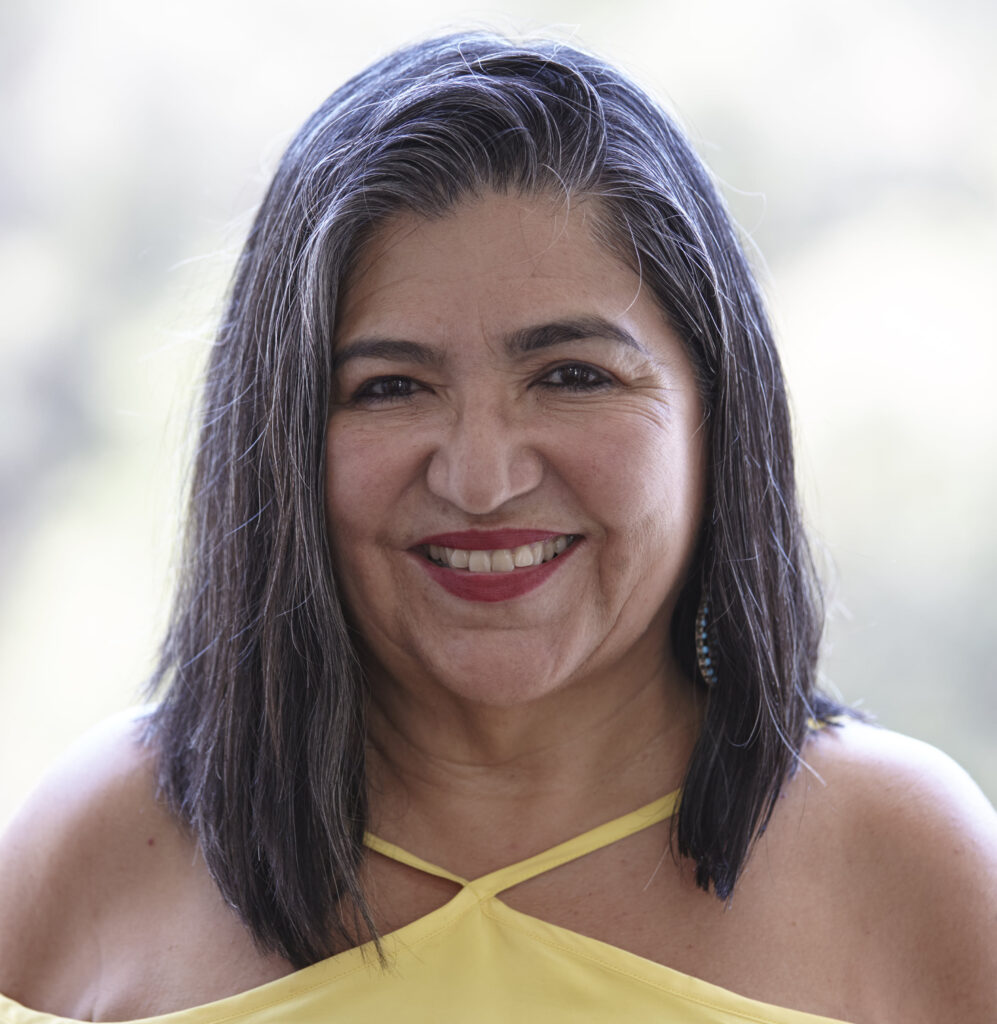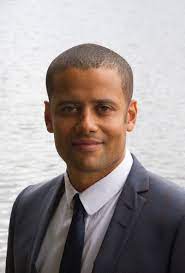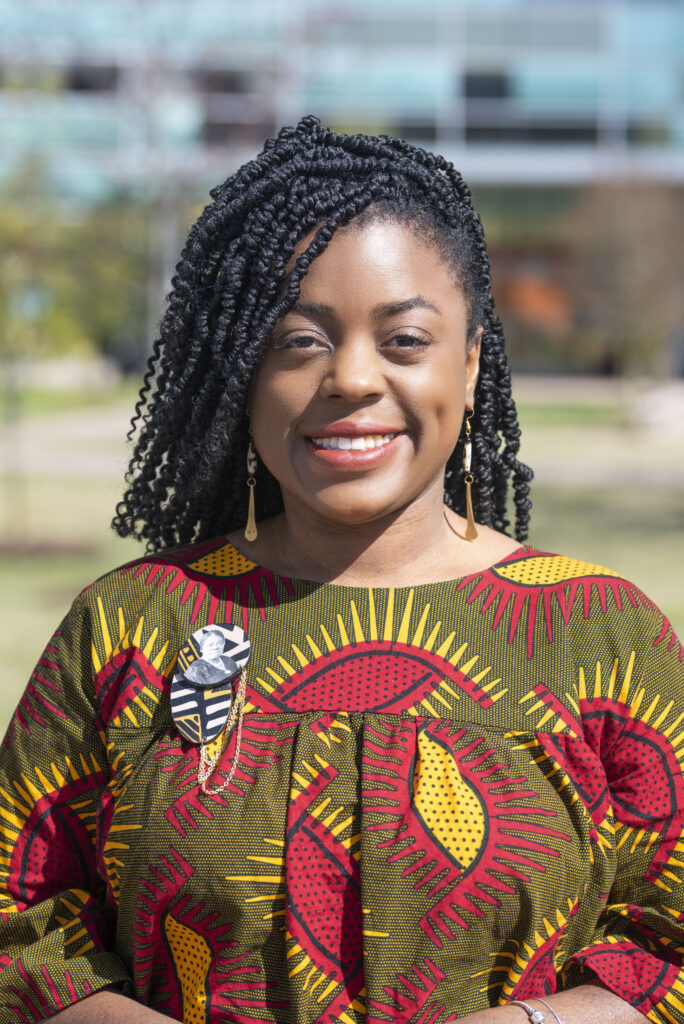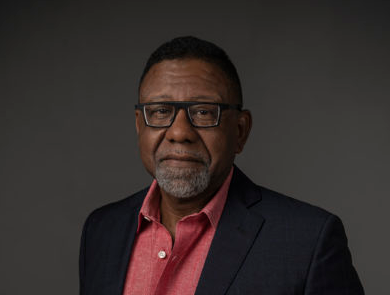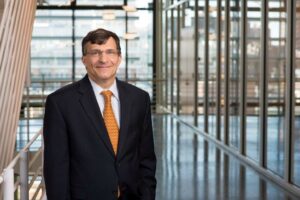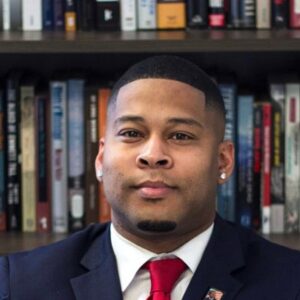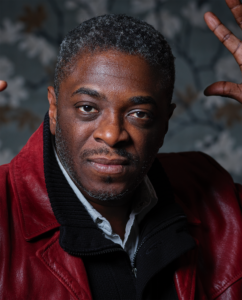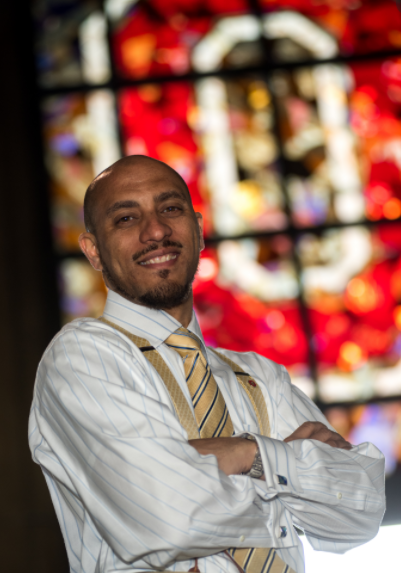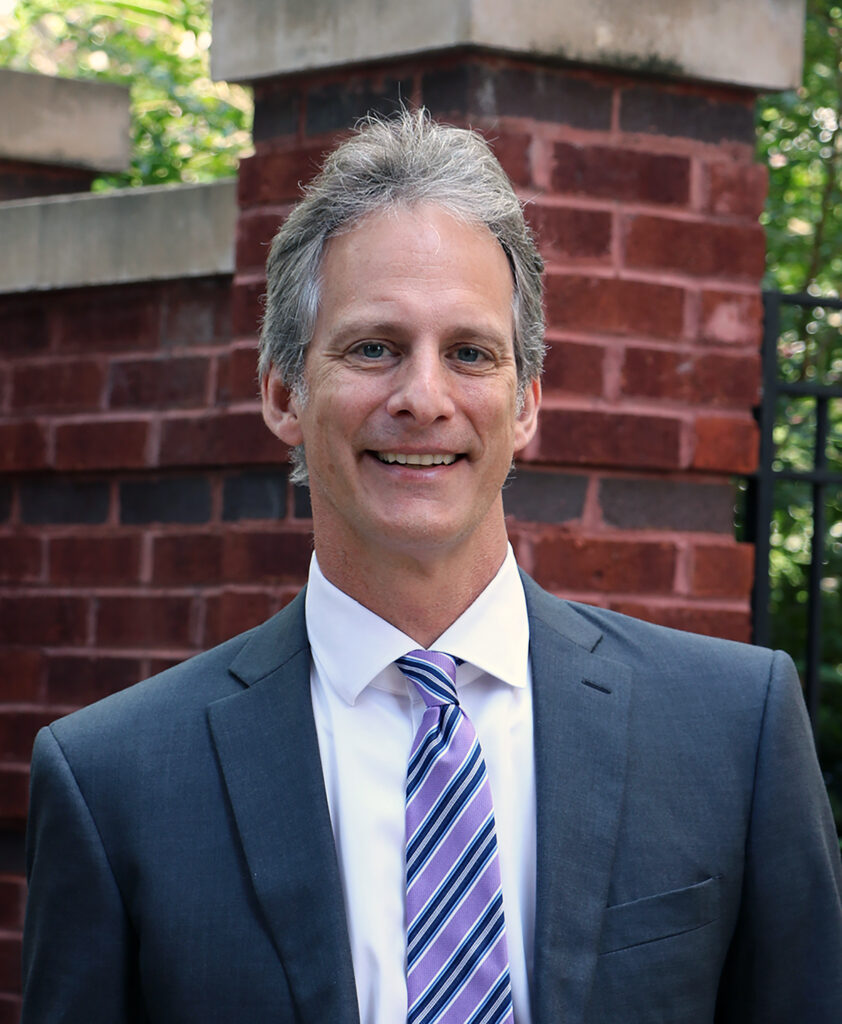First Amendment Speaker Series
Our Speaker Series are live, online presentations that cover various First Amendment topics.
We invite various scholars, authors, professors, poets, and experts to present engaging and relevant talks that encourage our audience to ask questions and consider how they live their First Amendment freedoms.
2023 Speaker Series
Curating Under Pressure
Museum professional Janet Marstine discusses her co-edited book, Curating Under Pressure, which examines pressures to self-censor and the curatorial responses to these pressures from a wide range of international perspectives.
Slanted: How an Asian American Troublemaker Took on the Supreme Court
Asian American rock stars Simon Tam and Joe X. Jiang, who notoriously took a First Amendment case to the Supreme Court, share their journey to Washington, DC.
Book Banning, Censorship, and the Need to Read
Historian Kenneth C. Davis discusses the long history of book banning in America and how authoritarian leaders and dictators have used censorship to consolidate power.
“Let Truth Have Fair Play”: Elihu Palmer’s Struggle for Religious Freedom
Professor Kirsten Fischer discusses her new book, American Freethinker, which follows the life and work of Elihu Palmer, a deist who challenged the religious establishment of early America.
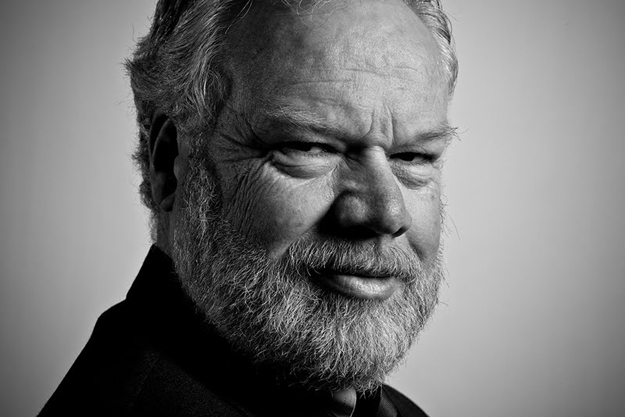
Waging a Good War: A Military History of the Civil Rights Movement, 1954-1968
Thomas E. Ricks discusses his new book, Waging a Good War, which offers a unique perspective on the American civil rights movement, depicting it as highly disciplined and carefully planned, focusing not on “passive resistance” but on confrontational nonviolence, a much more aggressive stance.
2022 Speaker Series
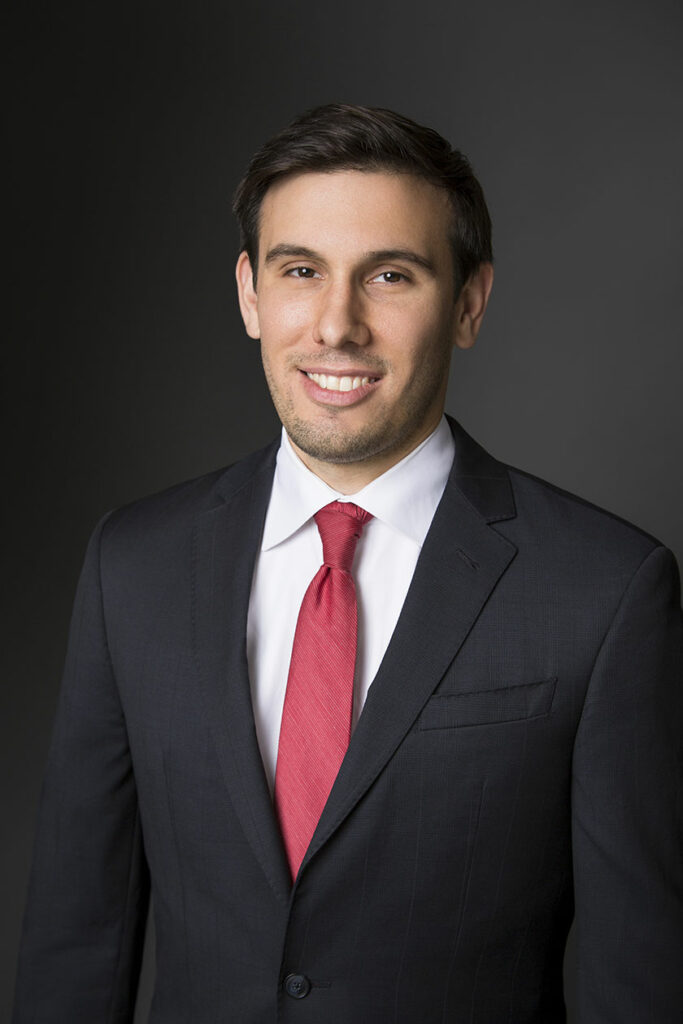
Why We Must Defend the Free Speech Rights of Our Enemies
Nico Perrino argues that defending the free speech rights of those we disagree with is essential.
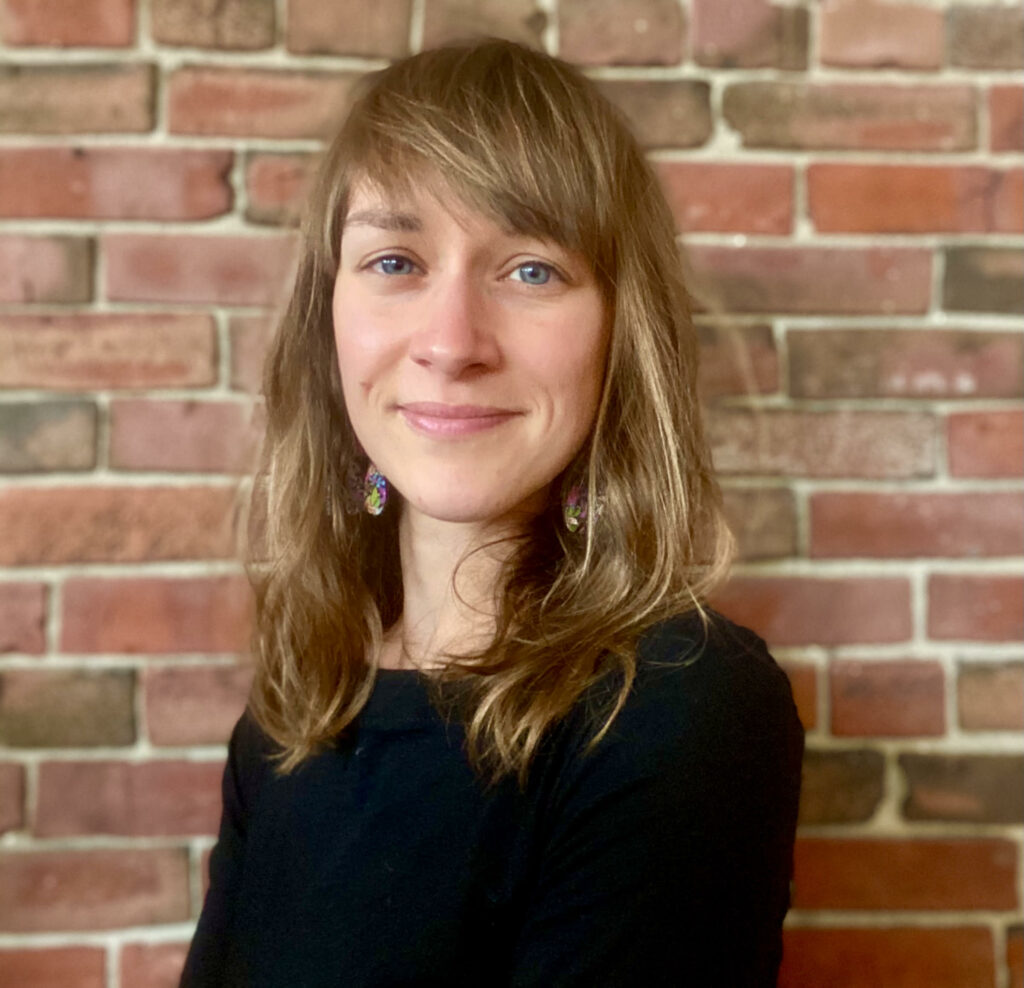
Tales from a Maine Investigative Journalist
A Reporter for America corps member, Kate Cough, shares tales of her time as an investigative reporter in Maine.
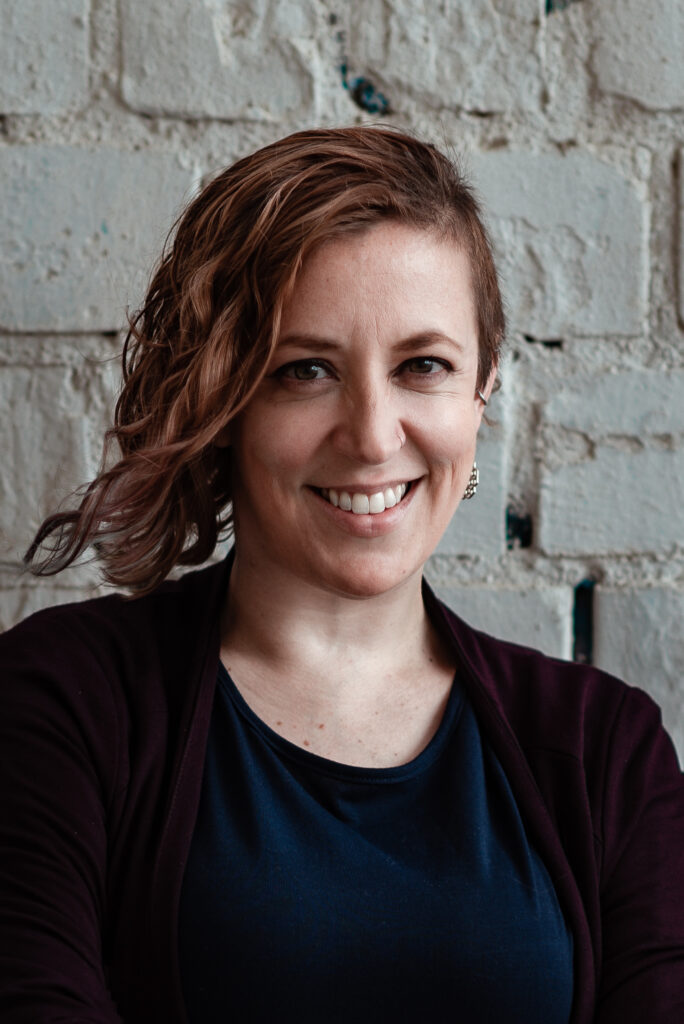
Offline Repression is Replicated Online: Content Moderation and Government Repression
Silicon Values: The Future of Free Speech Under Surveillance Capitalism (published with Verso Books in 2021) discuss the current tensions related to content moderation and free expression online. Who decides what is permissible on the internet: Politicians? Mark Zuckerberg? Users? Who determines when political debate becomes hate speech? How does this impact our identity or our ability to create communities and to protest?
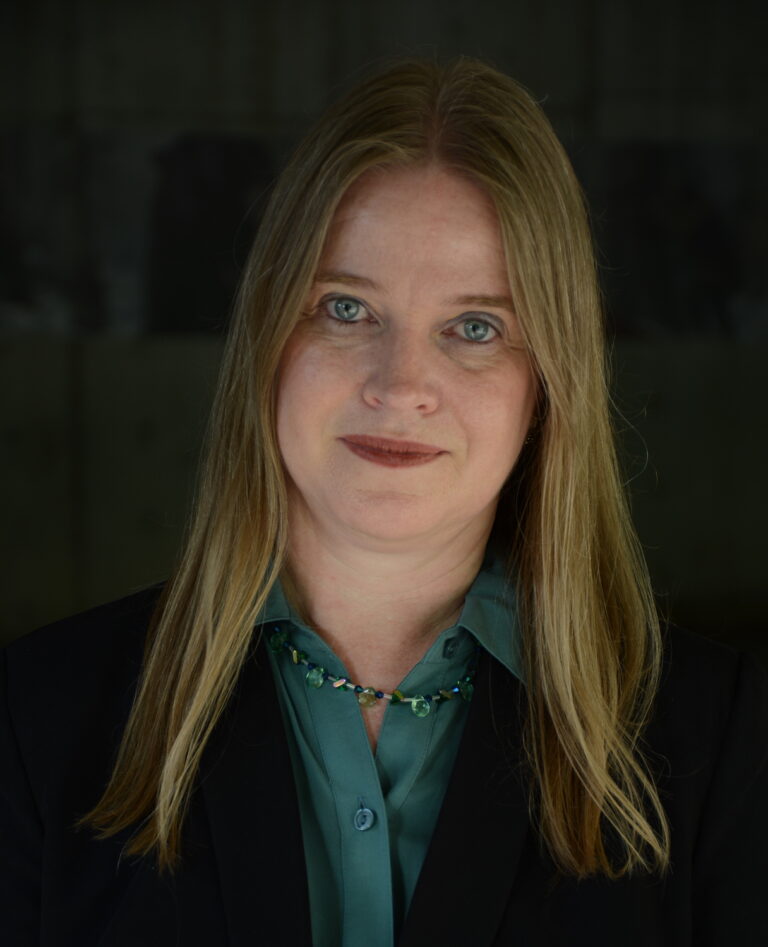
Art as Activism: Indigenous Artists’ Responses to Nuclear Exposure
International Indigenous artists’ responses to the impacts of nuclear testing, accidents, and uranium mining on their communities and the environment presented by Manuela Well-Off-Man, chief curator at the IAIA Museum of Contemporary Native Arts in Santa Fe, New Mexico.

Brewing a Boycott: Book Talk with Dr. Allyson P. Brantley
Brewing a Boycott tells the story of one of the longest-running consumer boycotts in U.S. history, the boycott of Coors beer. From the 1950s to the 1990s, union members, progressive students, Black and Latinx activists, Native Americans, feminists, and members of the LGBTQ+ community built powerful coalitions to challenge the alleged anti-unionism, discrimination, and conservative politics of Coors Brewing Company and the Coors family.
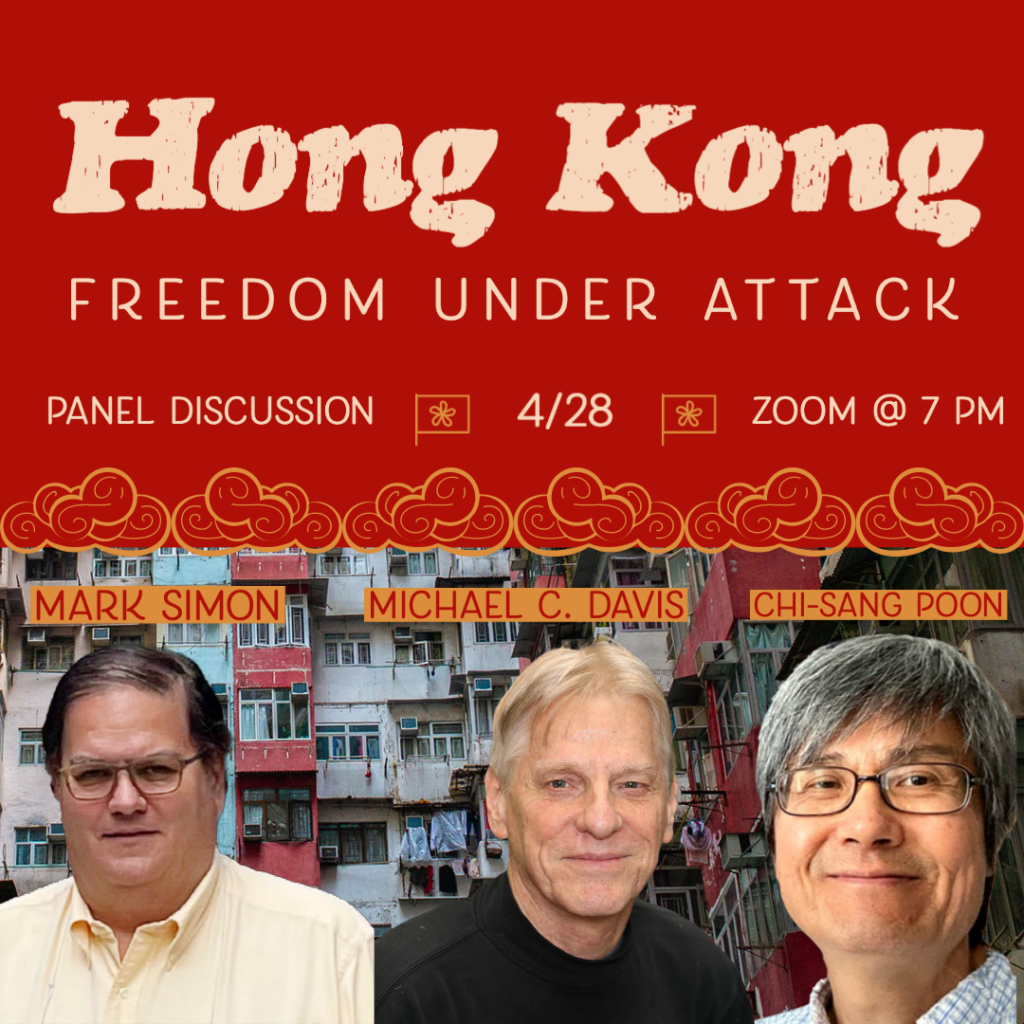
Hong Kong: Freedom Under Attack
Hong Kong experts Chi-Sang Poon, Michael C. Davis, and Mark Simon join a panel discussion on the situation in Hong Kong and why it matters to free people around the world
Brown Belongings: A Dialogue about the Politics of Color and Class
Artist Linda Vallejo describes her exhibit “Brown Belongings,” which represents ten years of concentrated work on visualizing what it means to be a person of color in the United States.
FREE SPEECH: A History from Socrates to Social Media
Jacob Mchangama, author of FREE SPEECH: A History from Socrates to Social Media discusses the global history of free speech, from the ancient world to today.
Mary McLeod Bethune and the Necessity of Black Women’s Leadership
Dr. Ashley Robertson Preston, author, curator, and Assistant Professor of History at Howard University is the author of Mary McLeod Bethune in Florida: Bringing Social Justice to the Sunshine State. Watch as Dr. Preston explores the life, leadership, and amazing contributions of this dynamic activist.
Letters to Martin: Meditations on Democracy in Black America
Randal Maurice Jelks’ latest book, Letters to Martin: Meditations on Democracy in Black America evokes Martin Luther King Jr.’s Letter from Birmingham Jail and contains twelve meditations on many of the public issues currently faced by citizens in the United States—economic inequality, freedom of assembly, police brutality, ongoing social class conflicts, and geopolitics.
Natasha Mayers: An Un-Still Life discussion
Now, more than ever, people want to see truthful, creative role models like Natasha Mayers, who has been called the “most committed activist artist” in Maine. Watch a discussion with Natasha Mayers, as well as the filmmakers behind Natasha Mayers: An Un-Still Life.
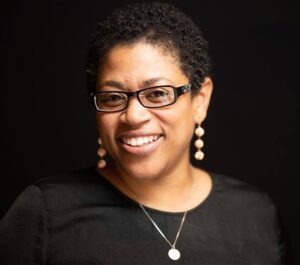
The Urgency in Reimagining Religious Freedoms
Effective leadership in the 21st century requires that we critically examine the role that religion and politics have played throughout history. If America is to thrive as a religiously pluralistic and diverse nation, we must reimagine how religious freedom is prioritized and protected in this country. Dr. Sabrina E. Dent is a life-long advocate for human rights and social justice.
2021 Speaker Series
From the Constitution to COVID: Religious Freedom in America
Author and law professor Mike Meyerson, a gifted storyteller and animated speaker, explores the themes and history of religious freedom in the United States, from the founding fathers to present-day issues surrounding COVID.
Remembering Martin Luther King, Jr.: A Dream Deferred to a Nightmare
Ryan M. Jones, historian and Museum Educator at the National Civil Rights Museum – the site of Martin Luther King, Jr.’s assassination – presents on the life of Martin Luther King, Jr. and the civil rights movement.
To Make a Poet Black: Notes from a Literary-Musician
In this hybrid of lecture & performance, Regie Gibson explores the creative power of speech in the modern Black spoken-word tradition.
Bending the Arc of the Moral Universe: African Americans’ Struggle to Live Their Freedoms
Hasan Jeffries, professor of history at The Ohio State University on Civil Rights and Black Power Movement, and author of Bloody Lowndes: Civil Rights and Black Power in Alabama’s Black Belt presents on the fight African Americans have taken to live their First Amendment freedoms.
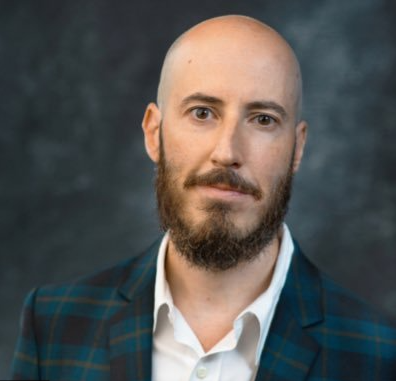
“The Fight For Free Speech: Ten Cases That Define Our First Amendment Freedoms”
Ian Rosenberg, author of The Fight For Free Speech: Ten Cases that Define our First Amendment Freedoms is interviewed by First Amendment expert and First Amendment Museum board secretary Gene Policinski.
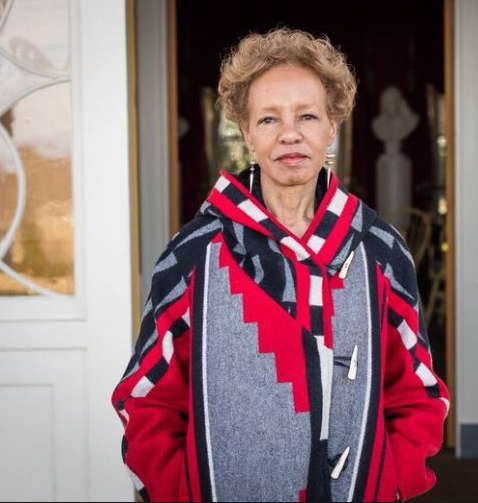
“The Other Madisons: The Lost History of a President’s Black Family“
Dr. Bettye Kearse, author of The Other Madisons: The Lost History of a President’s Black Family is joined by filmmaker Eduardo Montes-Bradley as they present Eduardo’s new film based on her memoir.
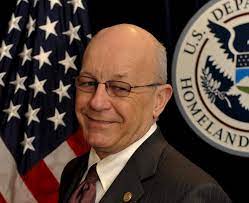
Fake News, the First Amendment, and the State of American Media
Former Maine newspaper editor Chet Lunner brings a unique, 360-degree perspective of current affairs and “fake news” as a veteran journalist, 9/11 government spokesman, and crisis communications expert. He looks at the history and impact of misinformation, how Maine’s founders predicted the dangers of “alternative facts,” and some solutions that anyone can employ.
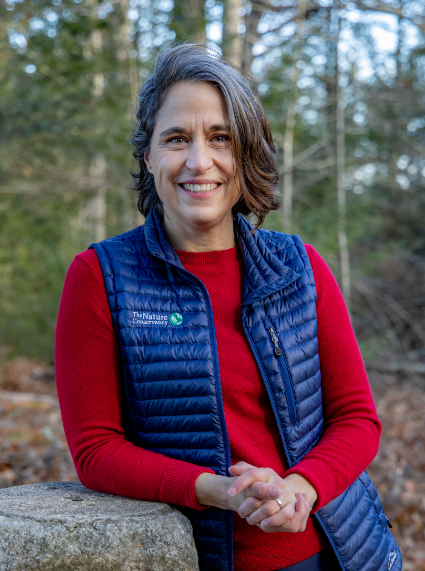
Speaking Up for Nature: Thoughts on Conservation and the First Amendment
Kate Dempsey, State Director of The Nature Conservancy (TNC) in Maine discusses the intersection of the First Amendment and conservation. She touches on the TNC’s founding by Rachel Carson, shares her own experience working as a community activist and Congressional aide, and looks to where this important movement is headed.
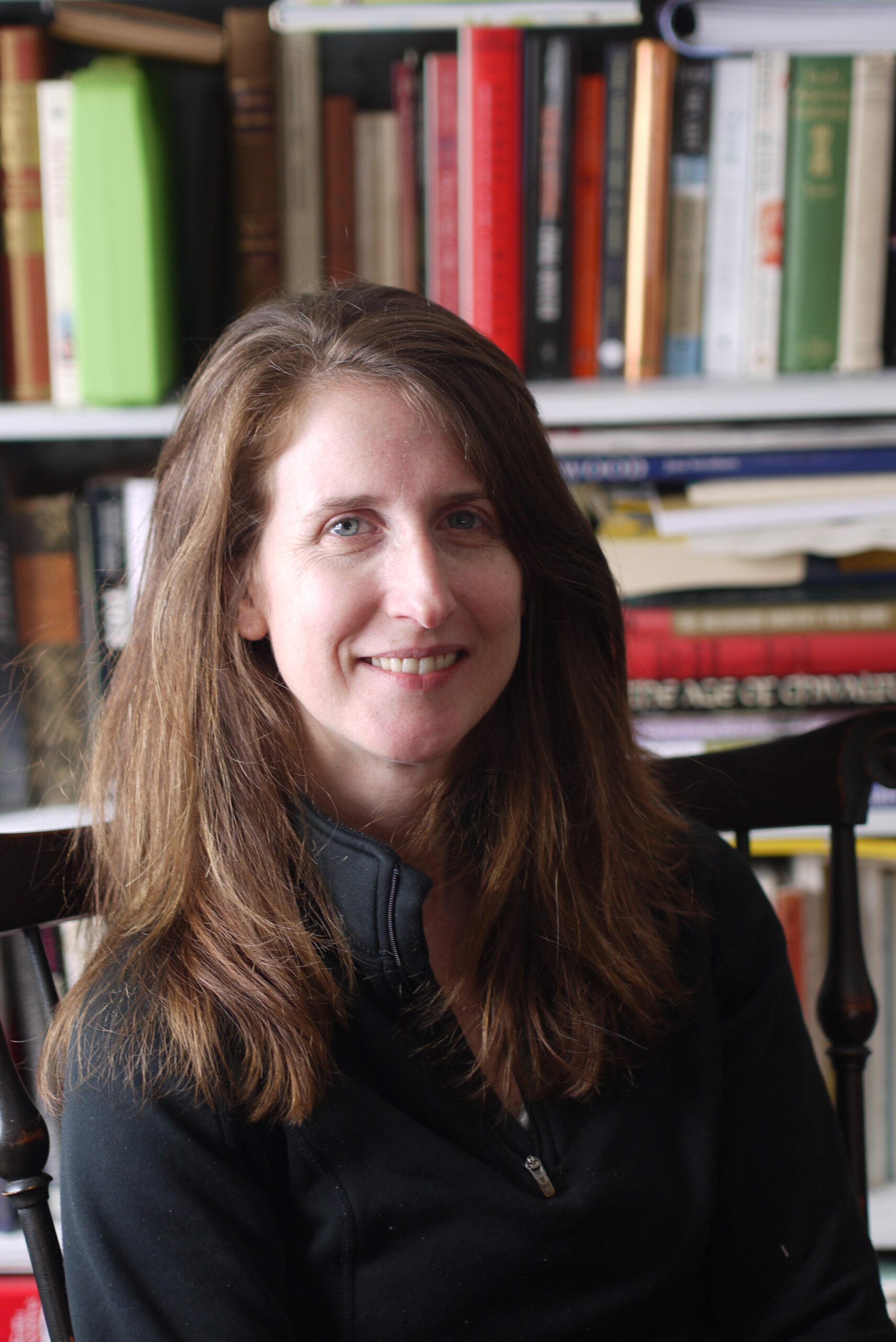
Malaga Island, Fragmented Lives
Kate McBrien, Maine State Archivist, explores the true history of the community who lived on Malaga Island, off the coast of Phippsburg, Maine, in the late 1800s. She examines the individuals who were part of this community and the state’s actions to evict them from their homes through the complex history of racism and eugenics in Maine.
Banning Foreign Involvement in Maine Referendums?
Two attorneys well-versed in proposed bills to ban foreign involvement in Maine referendums, Timothy Woodcock and John Brautigam, discuss the merits and First Amendment implications of such bills. The session was moderated by Jonathan Piper, Of Counsel at PretiFlaherty, LLP.
All About First Amendment Audits
Lawyer Eric Shytle explains the legal and historical background of the First Amendment Audits phenomenon – in which citizen activists videotape in public spaces – as well as ways on how staff in public places can prepare for this practice.
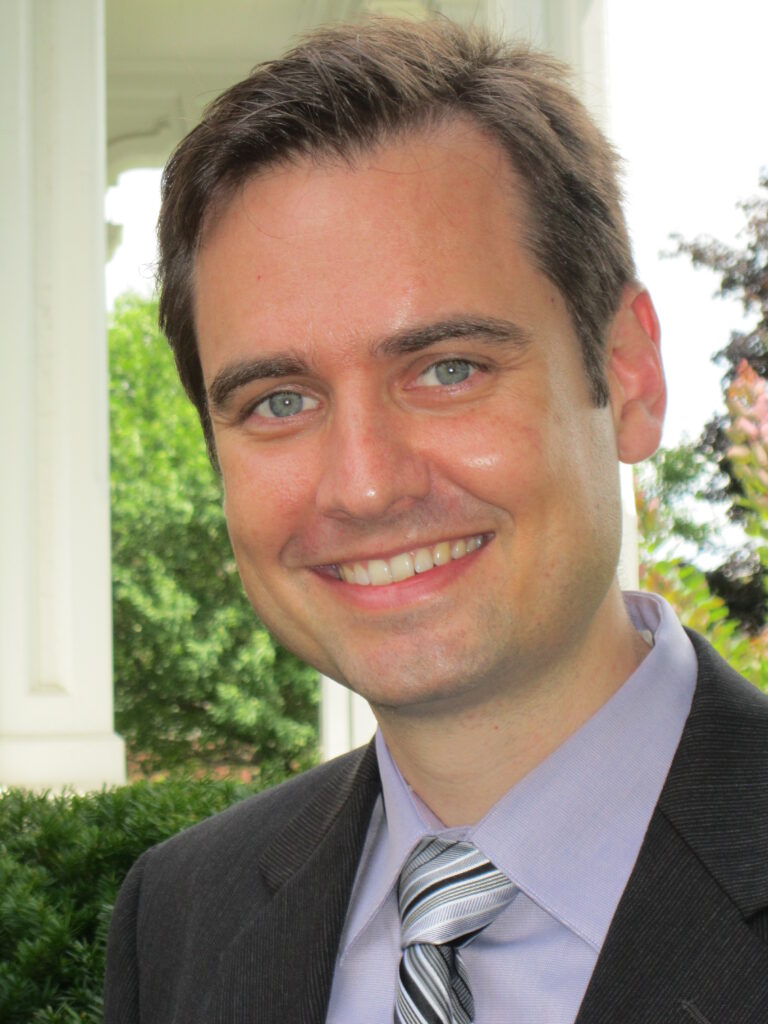
Twenty Years of the PATRIOT Act: Public Misapprehensions and Government Misapplications
William Bendix, professor and expert in the Patriot Act, discusses the controversial PATRIOT act and the effect it’s had on the nation in the twenty years since it was passed.
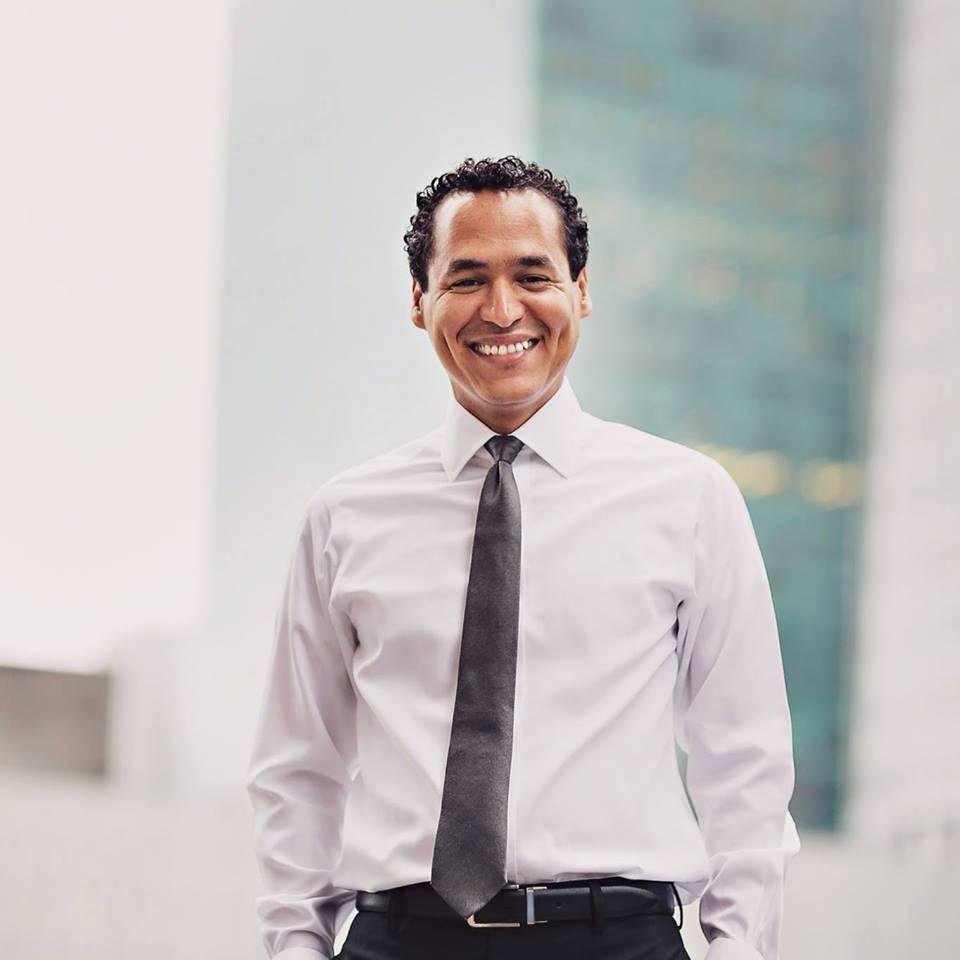
Five Freedoms Series: Freedom of Speech
Roosevelt Montás, Senior Lecturer in American Studies and English at Columbia University led this presentation and interactive discussion, which was co-hosted by the First Amendment Museum, James Madison’s Montpelier, and the Center for Civic Education.
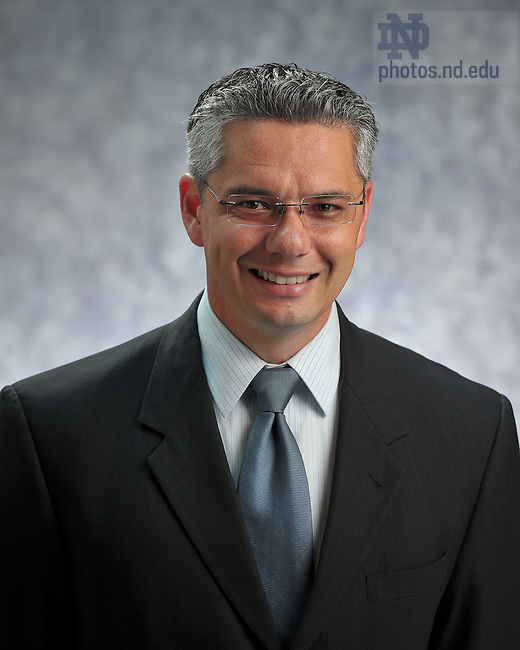
Five Freedoms Series: Freedom of Religion
Vincent Phillip Muñoz, Tocqueville Associate Professor of Political Science and Concurrent Associate Professor of Law at the University of Notre Dame led this presentation and interactive discussion, which was co-hosted by the First Amendment Museum, James Madison’s Montpelier, and the Center for Civic Education.
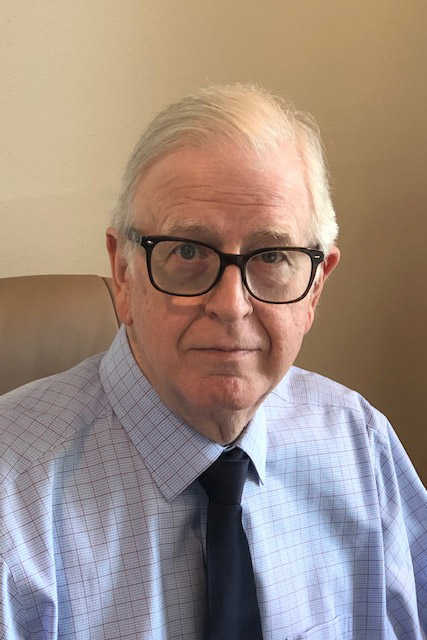
Five Freedoms Series: Freedom of the Press
Gene Policinski, former COO of Newseum, founding Editor of USA Today, and Board Secretary of the First Amendment Museum led this presentation and interactive discussion.
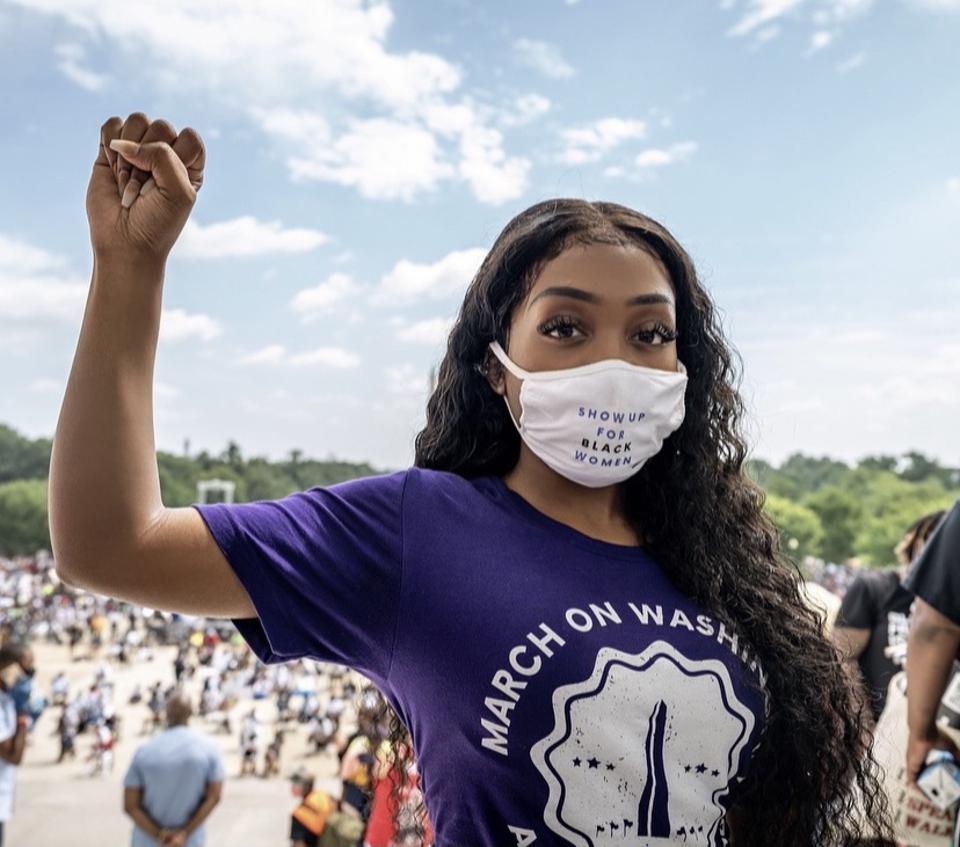
Five Freedoms Series: Freedom of Assembly
Chelsea Miller, Co-Founder of Freedom March NYC, led this presentation and interactive discussion.

Five Freedoms: Freedom to Petition
Molly Dorozenski, Managing Director of North America and Australia at Change.org, led this presentation and interactive discussion.
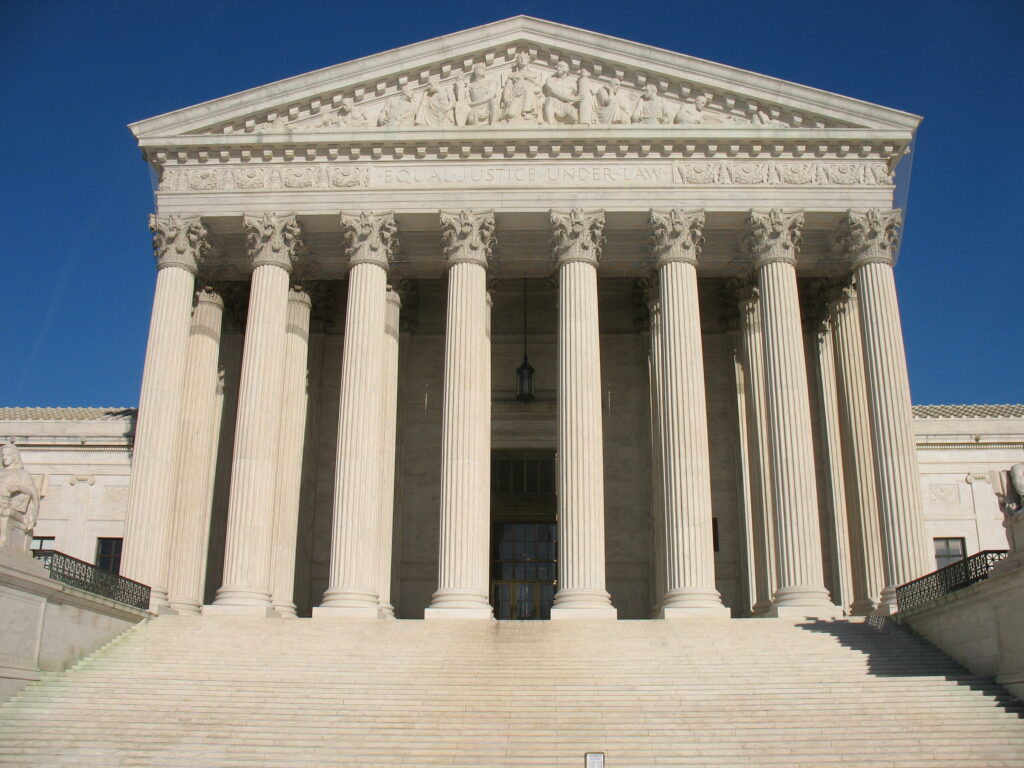
Five Freedoms: Supreme Court Preview
The Supreme Court returned on October 4th for its 2021-2022 Term, and the justices will be hearing 33 cases on a number of important issues that often center around the First Amendment. Christopher Riano of the Center for Civic Education hosted this discussion with guests Senior Judge Marcia S. Krieger and Chief Judge Brooks Smith.

Ensuring Voting The ACLU’s Efforts to Ensure Voting Rights
Voting is protected by more constitutional amendments than any other right because it is the foundation of our democracy.
Yet throughout the history of our nation, the right to vote has always been contested, with periods of expansion and backlash. At stake in this ongoing struggle are foundational questions about who gets to enjoy the promises of equality and liberty embedded in our nation’s founding documents, and who counts as an American. A conversation with Alison Beyea, executive director of the ACLU of Maine.
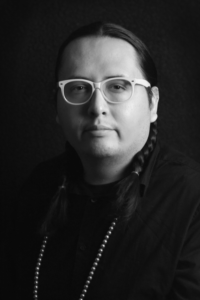
Decolonization Through Art
Artist and Educator Marty Two Bulls Jr. discusses the importance of the First Amendment, freedom of expression in art, and how representation is the key to social change in any community. Two Bulls shares his life story and artistic process, and reflects on art’s power as a form of free speech.
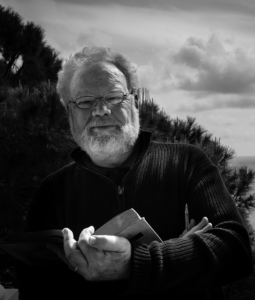
Figuring Out the First Amendment: Madison and Jefferson vs. John Adams
It’s one thing to have a 1st Amendment. It is quite another thing to figure out what it means.
Throughout the 1790s, Americans fought over the proper limits of free speech. It was a time similar to our own. We have social media; they had the rise of the political newspaper.
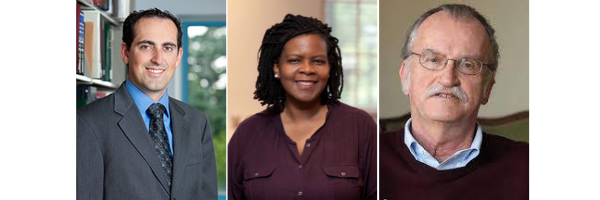
A Double-Edged Sword: Reflections on 230 Years of First Amendment History
The First Amendment gives voice to those who might otherwise go unheard and empowers Americans to create change in our society and government. It can also be used to prevent change from happening, to silence minorities, and to keep privilege in position. Each action is seen by some part of the population as an effort to create a more perfect union.
The above links are from pre-recorded events. Register for an upcoming, live Speaker Series event.


